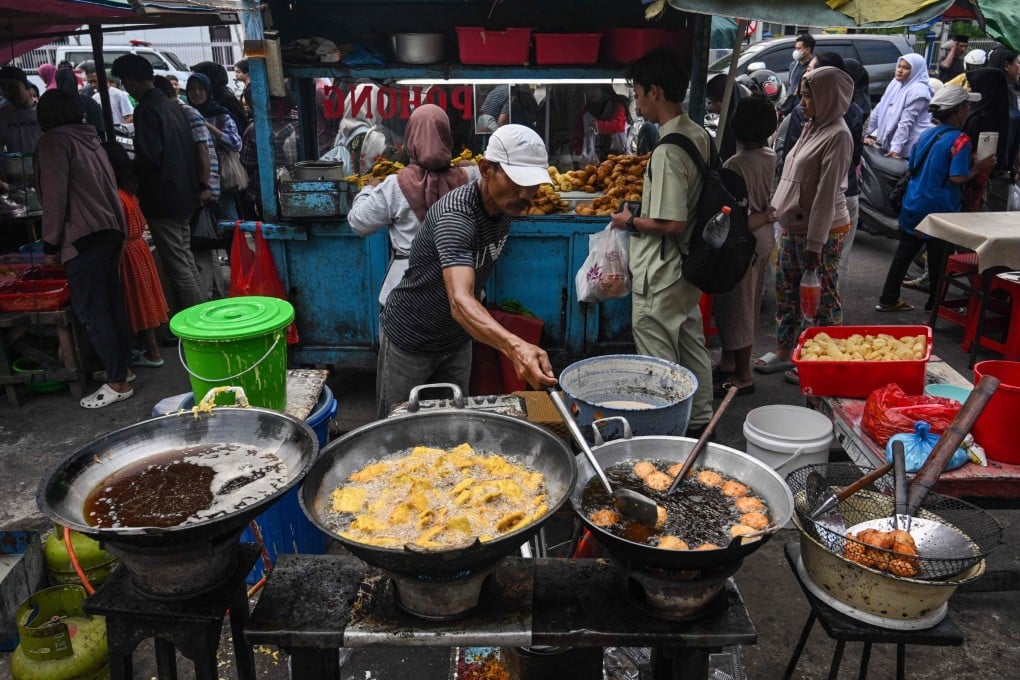Indonesia is hungry for rendang, tempeh to get on Unesco’s intangible culture list
Gaining recognition would be a strategic step towards encouraging more tourism, Indonesia’s culture minister said

First, it was rendang, the slow-cooked, spice-laden beef dish that has long been an icon of Indonesian cuisine. Now, tempeh – the humble, protein-packed fermented soybean staple – is stepping into the spotlight.
Speaking at a discussion on Indonesian culinary culture in Depok, West Java, on Saturday, the minister described Indonesian food as a cultural expression, deeply intertwined with local traditions and ancestral practices.
“Whether it is [planting of and harvest for] rice, corn, and others, all have the traditions, ceremonies, rituals, and prayers that are passed down through the generations,” he said, referencing the rich cultural and spiritual ties between food and community.

The minister also highlighted rendang’s extraordinary variety, pointing out that the dish boasts “24 different varieties in various regions”. He said rendang served as a symbol of Indonesia’s identity and heritage.